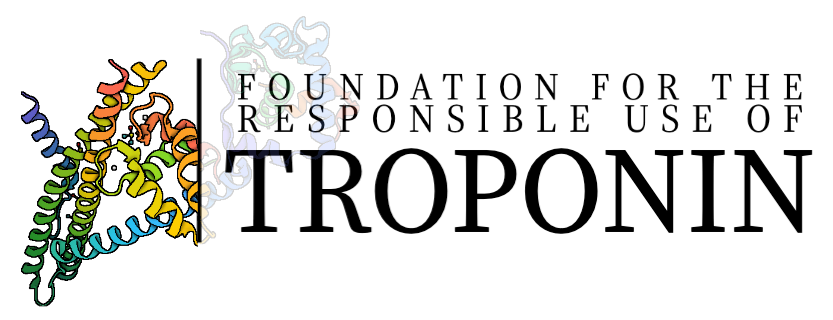Cardiac Troponin Elevation in Patients Without a Specific Diagnosis
Clinical question: What is the significance/association with outcomes of hs-troponin elevation in acutely admitted patients with suspected acute coronary syndrome who had been discharged without a specified diagnosis?
What is known: Cardiac troponin (cTn) elevation is a common finding in acutely admitted patients, even in the absence of acute coronary syndrome and in some patients, no etiology can be found.
Methods: Retrospective registry-based cohort study investigating 48,872 patients (SWEDEHEART [Swedish Web-system for Enhancement and Development of Evidence-based care in Heart disease Evaluated According to Recommended Therapies] registry). Patients were stratified into cohorts with cTn levels less than or equal to the assay-specific 99th percentile and separated by assay-specific cTn tertiles in case of higher levels.
Results/Implications: A cTn level >99th percentile was noted in 9,800 (20.1%) patients. The prevalence of cardiovascular risk factors as well as cardiovascular and noncardiovascular comorbidities increased across higher cTn strata. In total, 7,529 (15.4%) patients had a major adverse event (MAE), defined as the composite of all-cause mortality, myocardial infarction,readmission for heart failure, or stroke (median follow-up 4.9 years) and MAE risk was associated with higher cTn strata.
Bottom-line: cTn elevation is associated with cardiovascular and noncardiovascular comorbidities and predicts major adverse events in acutely admitted patients, in whom no definite diagnosis could have been established.
